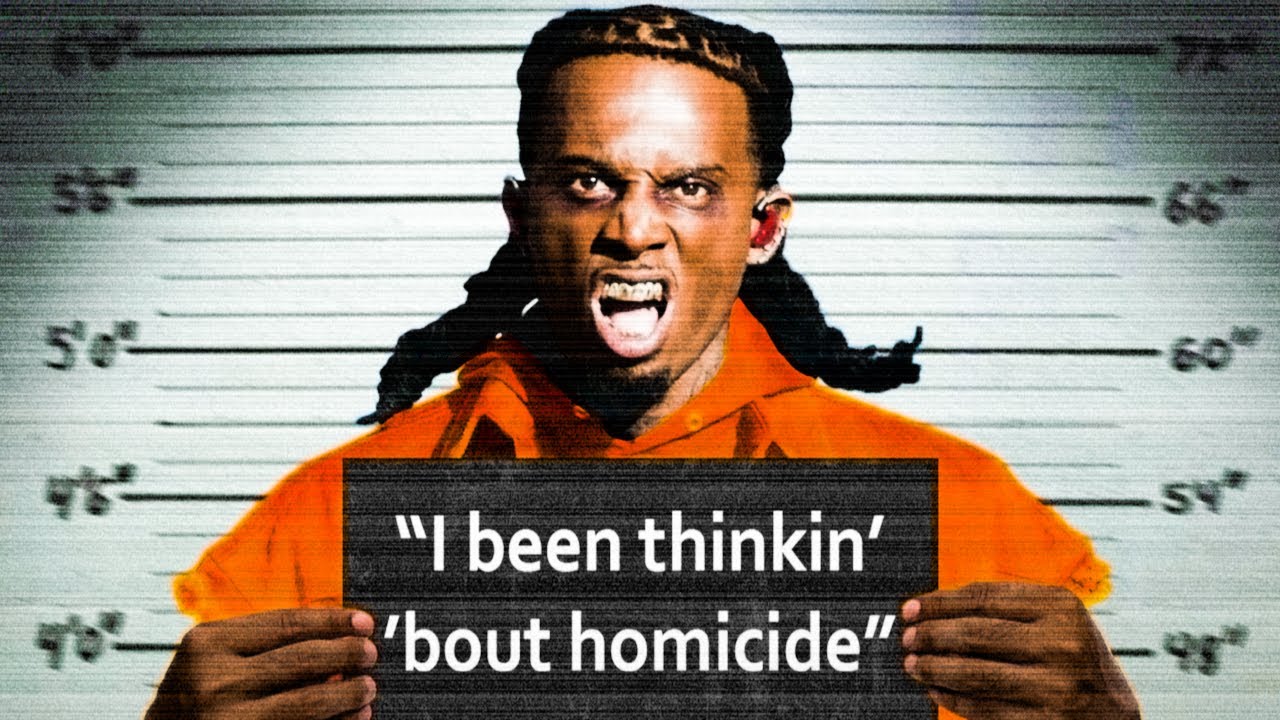Understand Criminal Law in 18 Minutes (Part III)
Summary
TLDRThis script delves into the nuances of theft-related crimes, distinguishing between larceny, which involves taking with the intent to permanently deprive the owner, and robbery, where theft is accompanied by violence. It also explains burglary as theft involving unauthorized entry onto someone's property. Fraud is highlighted as a form of theft through deception, with examples ranging from internet to bank fraud. The script humorously concludes with a reference to a Nigerian prince, suggesting the prevalence of scams.
Takeaways
- 🔐 Larceny is the act of stealing someone's property with the intent to permanently deprive the owner of it.
- 🚫 Taking an item without permission but with the intention to return it, such as borrowing Aunt Agnes' heirloom crystal gravy boat, is not considered larceny.
- 👊 Robbery is a form of theft that involves the use of force or violence to take something directly from a person.
- 🏠 Burglary involves trespassing on someone's property with the intent to commit theft, and in some jurisdictions, it requires breaking and entering.
- 💸 Fraud is the act of obtaining property or causing harm through deception, which includes a wide range of schemes like internet, mail, and bank fraud.
- 🤥 Even with the owner's permission, taking something by lying constitutes fraud, highlighting the importance of truthfulness in transactions.
- 🚨 There are various types of fraud, each with its own set of complex deceptions designed to manipulate victims out of their possessions.
- 🛑 Not knowing that a statement is false does not constitute fraud, which implies a need for intent and knowledge in fraudulent acts.
- 📚 The script provides an overview of different theft-related crimes, emphasizing the distinctions and legal implications of each.
- ✉️ The closing remark about a Nigerian prince needing a favor humorously alludes to a common type of email scam, adding a satirical touch to the discussion.
Q & A
What is the legal definition of larceny according to the script?
-Larceny is the act of taking someone's property with the intent to permanently deprive the owner of it.
Why is borrowing Aunt Agnes' heirloom crystal gravy boat without permission not considered larceny in the script?
-Borrowing without permission is not larceny because there is an intent to return the item, not to permanently deprive the owner.
How does robbery differ from larceny as described in the script?
-Robbery involves the use of force or violence to take property directly from another person, whereas larceny is simply the act of taking the property without the use of force.
What is burglary and how does it relate to trespassing on someone else's property?
-Burglary is the act of theft that involves trespassing on someone else's property without permission. Some jurisdictions require an element of breaking and entering through force.
What is fraud and how does it differ from other forms of theft mentioned in the script?
-Fraud is the act of obtaining property or causing harm through deception. It differs from other forms of theft as it involves lying or trickery rather than physical taking of property.
Can you provide an example of fraud from the script?
-An example of fraud given in the script is taking something by lying about its ownership, even if the owner's permission is obtained.
What is the difference between fraud and mistakenly obtaining someone's property due to a belief in a false statement that turns out to be true?
-Fraud requires intent and knowledge of the deception. If a person unknowingly lies and someone obtains property as a result, it is not considered fraud.
What are some types of fraud mentioned in the script?
-The script mentions internet fraud, mail fraud, and bank fraud as examples of different types of fraud.
How does the script suggest that complex lies are used in fraud?
-The script implies that people use incredibly complicated lies to deceive others and get their hands on someone else's property through fraud.
What is the humorous element in the script related to a Nigerian prince?
-The humorous element is the mention of needing to write back to a Nigerian prince, which is a reference to the common 'Nigerian prince' email scam.
Outlines

此内容仅限付费用户访问。 请升级后访问。
立即升级Mindmap

此内容仅限付费用户访问。 请升级后访问。
立即升级Keywords

此内容仅限付费用户访问。 请升级后访问。
立即升级Highlights

此内容仅限付费用户访问。 请升级后访问。
立即升级Transcripts

此内容仅限付费用户访问。 请升级后访问。
立即升级5.0 / 5 (0 votes)






